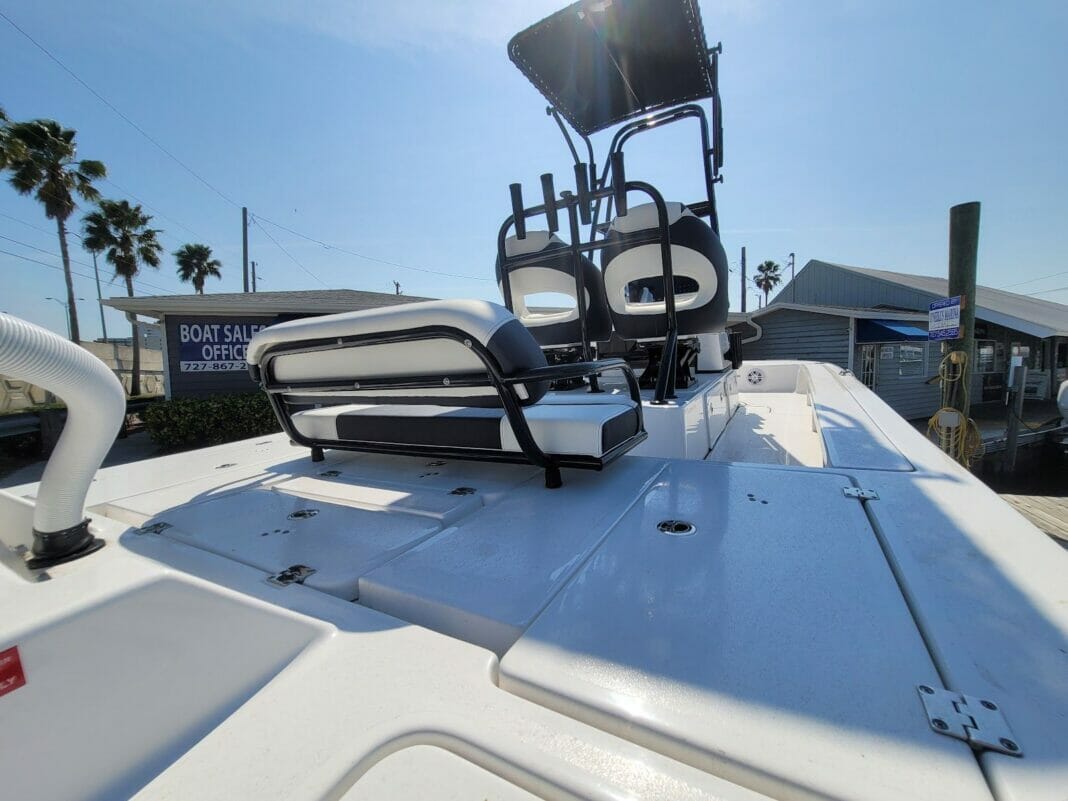Boat ownership can be a rewarding experience, but the initial cost of purchasing a boat can be substantial. To help make boat ownership more achievable, many people opt to finance their purchase through a boat loan. In this article, we will explore your options for boat loans and financing, helping you to make an informed decision when it’s time to purchase your boat.
What are Boat Loans?
Boat loans are specialized loans designed to finance the purchase of a boat. Much like an auto loan, boat loans are secured loans, meaning that the boat acts as collateral for the loan. Borrowers make monthly payments toward the principal and interest, and the lender has the right to repossess the boat if the borrower defaults on the loan.
Types of Boat Loans
There are several types of boat loans that cater to a variety of needs and financial situations. The three most common types of boat loans are fixed-rate loans, adjustable-rate loans, and home equity loans.
Fixed-Rate Loans
A fixed-rate boat loan offers a set interest rate over the term of the loan, meaning that your monthly payments will remain consistent for the life of the loan. These loans are ideal for borrowers who value stability and want to lock in a low interest rate.
Adjustable-Rate Loans
Adjustable-rate boat loans feature an interest rate that fluctuates based on market conditions. Typically, these loans offer a lower introductory interest rate, which can be an attractive option for those who plan to pay off their loan quickly. However, borrowers should be aware that the interest rate can increase over the life of the loan, leading to higher monthly payments.
Home Equity Loans
Home equity loans are an option for borrowers who own a home with a significant amount of equity. These loans allow you to use the equity in your home as collateral for the boat loan, often resulting in a lower interest rate. Keep in mind, however, that defaulting on a home equity loan could result in the loss of your home, so it is important to consider the risks before choosing this option.
The Loan Application Process
When applying for a boat loan, you can expect a similar process to that of applying for an auto loan. Lenders will require applicants to provide their personal information, credit history, details about the boat being purchased, and any additional collateral if applicable. To help ensure you receive the best interest rate, it is recommended that you compare offers from multiple lenders before making a decision.
Pre-qualification
Before diving into the loan application process, many lenders allow for pre-qualification. Pre-qualification involves a soft credit inquiry which will not impact your credit score. This can give borrowers a rough estimate of the loan terms they are likely to receive and helps them identify any issues with their credit report before formally applying.
Documentation
Gather the necessary documentation before applying for a boat loan. Generally, lenders require proof of income, identification, and details about the boat you wish to purchase. Additionally, lenders may require a down payment, which can range from 10% to 20% of the boat’s purchase price.
Factors Affecting Boat Loan Interest Rates
Several factors affect the interest rate on a boat loan, including credit score, loan term, boat age, and the total amount of the loan. Typically, borrowers with a higher credit score are granted lower interest rates. Similarly, choosing a shorter loan term may result in a lower interest rate.
Benefits and Drawbacks of Financing a Boat
When considering financing the purchase of a boat through a loan, it is important to weigh the pros and cons.
Benefits
- Allows you to purchase a higher-quality or larger boat than you could afford outright.
- Boat loans typically have lower interest rates compared to other types of financing, such as personal loans or credit cards.
- Interest paid on boat loans may be tax-deductible if the boat is deemed a second home.
Drawbacks
- Total cost: Financing a boat will generally result in a higher overall cost due to interest payments.
- Depreciation: Boats are depreciating assets, meaning their value decreases over time. Borrowers may find themselves in a situation where they owe more on their loan than their boat is worth.
- Obligation: Taking out a boat loan means committing to monthly payments for an extended period, potentially straining your budget.
Financing a boat can make boat ownership more accessible, but it is essential to understand the various loan options and evaluate the long-term financial implications. By carefully considering the pros and cons of financing a boat, as well as the different types of boat loans, you can make an informed decision that best suits your budget and lifestyle.


